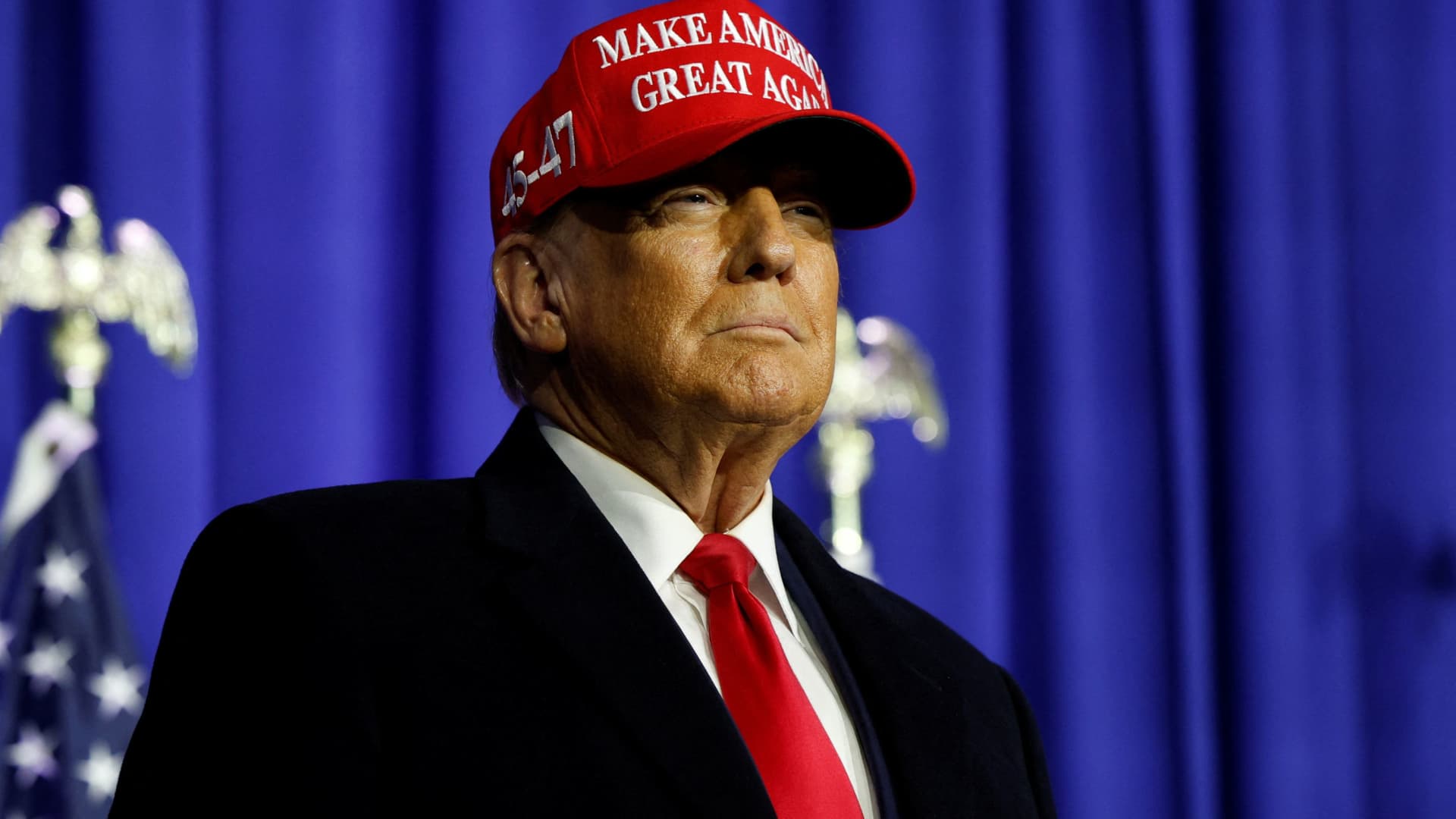The Supreme Court on Wednesday agreed to rule on whether former President Donald Trump is immune from criminal charges in his federal election interference case.
The high court granted Trump’s request to pause the case from moving forward until they decide whether an ex-president is immune from being prosecuted for official acts performed while in office, as Trump claims.
The justices are poised to proceed quickly, with Trump’s court briefs due within three weeks and oral arguments set for the week of April 22. But it could take months for the court to issue an opinion.
If the justices rule against Trump, the case will continue in Washington, D.C., federal court, and it could head to trial in the middle of the presidential campaign, where Trump seeks to beat President Joe Biden.
If the justices rule in Trump’s favor, the case will be dismissed.
The nine-member Supreme Court currently bears a 6-3 conservative majority. Trump appointed three of those conservative justices during his term in office.
The decision to take up the immunity claim extends a pause on a prior ruling from a lower appeals court, which roundly rejected Trump’s argument that he cannot be prosecuted for challenging the 2020 election results because he was president at the time.
“For the purpose of this criminal case, former President Trump has become citizen Trump,” the panel of appeals judges unanimously ruled. “Any executive immunity that may have protected him while he served as President no longer protects him against this prosecution.”
Special counsel Jack Smith, who is prosecuting Trump in D.C., had urged the Supreme Court not to let Trump delay the election interference case any further.
But Trump’s attorneys had asked the court to consider their argument, writing, “Without immunity from criminal prosecution, the Presidency as we know it will cease to exist.”
Smith alleges Trump illegally conspired to overturn Biden’s 2020 victory in a variety of ways, culminating in an effort to stop Congress from counting legitimate Electoral College votes on Jan. 6, 2021.
Trump has pleaded not guilty to the charges.
Don’t miss these stories from CNBC PRO:





